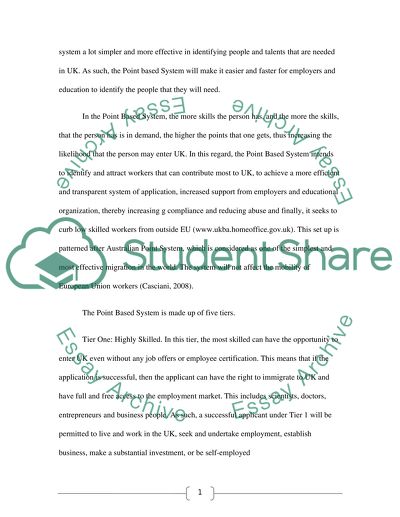Cite this document
(“The Points Based System makes migration work for Britain Essay”, n.d.)
Retrieved from https://studentshare.org/environmental-studies/1419503-immigration-and-refugee-law
Retrieved from https://studentshare.org/environmental-studies/1419503-immigration-and-refugee-law
(The Points Based System Makes Migration Work for Britain Essay)
https://studentshare.org/environmental-studies/1419503-immigration-and-refugee-law.
https://studentshare.org/environmental-studies/1419503-immigration-and-refugee-law.
“The Points Based System Makes Migration Work for Britain Essay”, n.d. https://studentshare.org/environmental-studies/1419503-immigration-and-refugee-law.


